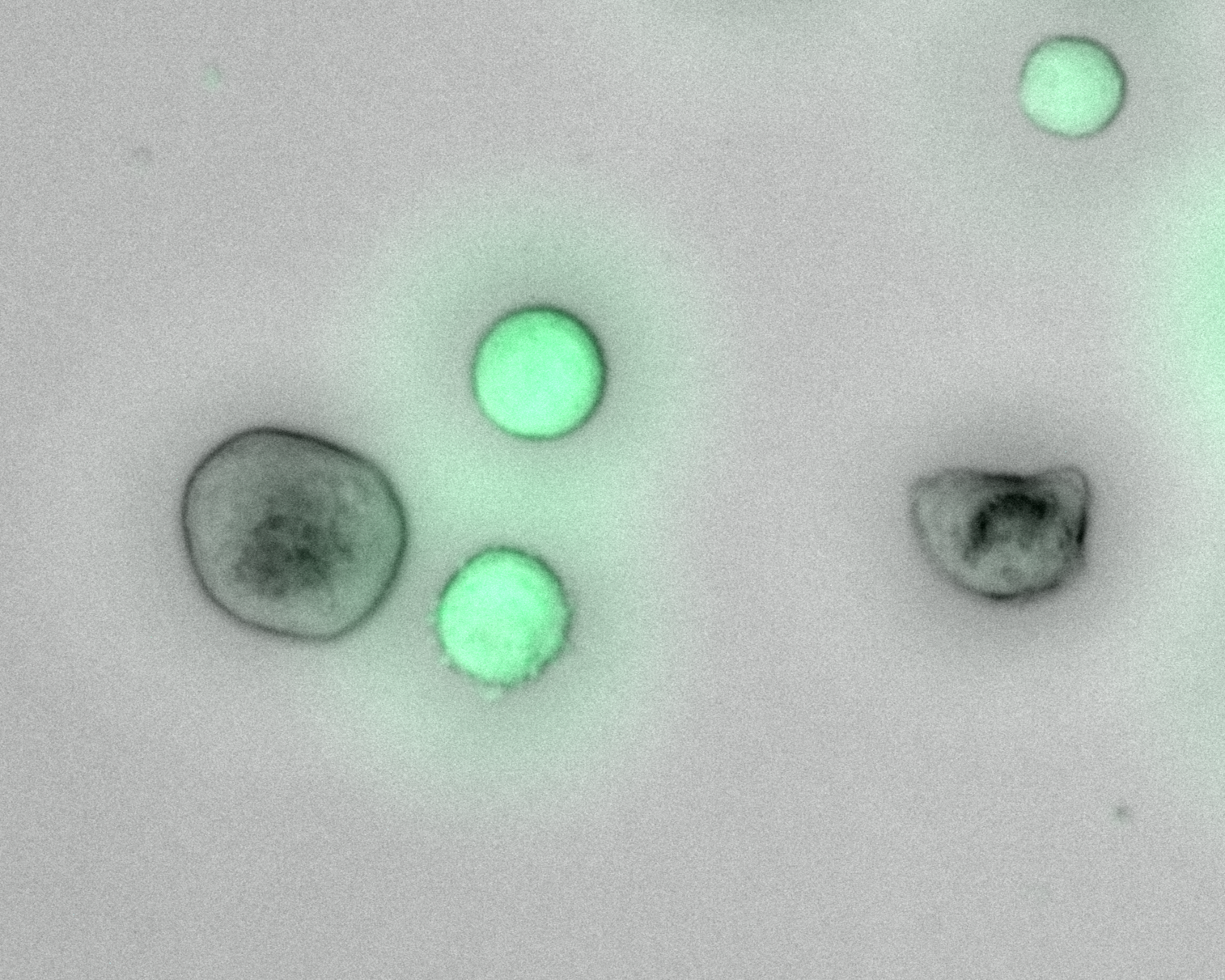HYPERCELL - Efficacy Test of Novel Cancer Therapies
Ingénierie et Architecture

Non-small cell lung cancer (NSCLC) is the leading cause of cancer deaths worldwide. Highly promising treatment options are immunotherapies such as adoptive T cell therapy (aTcT), in which a patient’s own T cells are modified to recognize and kill cancer cells. However, this therapy currently has limited efficacy in NSCLC. Furthermore, there are high costs and potential side effects associated. With the HYPERCELL project, an efficacy test of aTcT will be developed for the future improvement of aTcT therapies in terms of efficacy, cost and patient safety.
The HYPERCELL project will test the efficacy of aTcT therapies on circulating tumor cells (CTCs), which are cells that break loose from the primary tumor and circulate throughout the bloodstream. CTCs are an important diagnostic tool for cancer management, as they provide information about the primary tumor. However, they are very rare in blood, with an incidence of just 1 to 10 CTCs per milliliter of blood (compared to millions of red blood cells). Therefore, the challenge in this project is to optimize the capture of these cells.
Additionally, the HYPERCELL project will study the effect of mechanical forces on CTCs. It is known that cancer cells have an altered gene expression in high stress environments, which is the case in current laboratory settings when CTCs are captured. Conversely, the HYPERCELL project will utilize a low shear stress approach to capture CTCs, which is hypothesized to minimally disrupt the cells. The effect of this gentle capture approach should lead to an efficacy test on CTCs that mimics the in-vivo situation closely.
This multidisciplinary project will combine precision engineering with cell biology. A custom-made device will be engineered, that contains gold-coated meshes to capture the cells. NSCLC cell lines, such as H1975, will be used as a model for CTCs. RNA sequencing will be used to study the effect of stress on the captured cells. In the final stages of the project, a study with patient samples will showcase the feasibility of the efficacy test in a clinical setting.
Overall, the HYPERCELL project has the potential to advance cancer research by providing key insights in CTC capture and the effect of stress on gene expression. Furthermore, the proposed device could improve future aTcT therapies by measuring the efficacy of the treatment on a personal level.